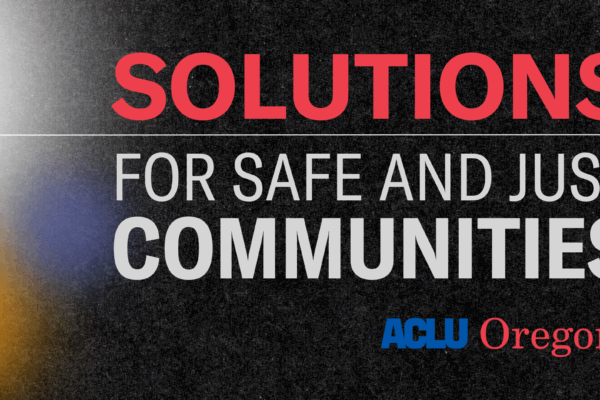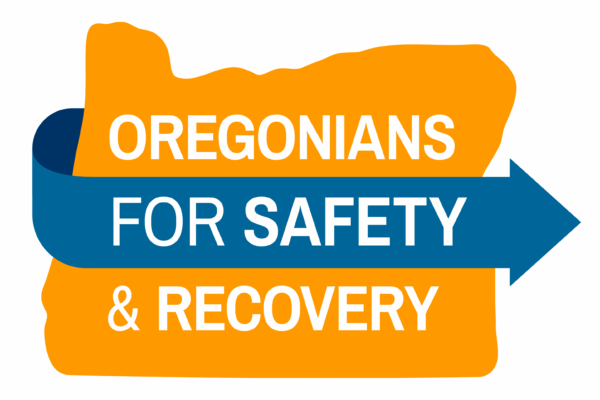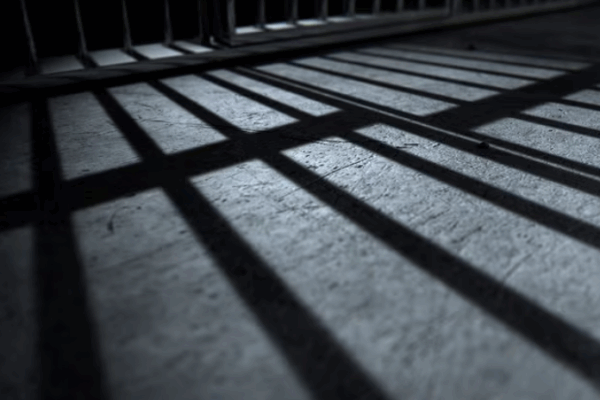Recriminalization will harm people – especially Black, brown, and poor people – and make drug addiction and homelessness more difficult and expensive to solve.
Any action by the Oregon legislature that criminalizes addiction would be cruel, harmful, and a failure of leadership. We cannot regress back to the failed war on drug tactics that harm Black, brown, and poor people and make drug addiction, overdose deaths, and homelessness more difficult and expensive to solve. Instead, lawmakers should focus on the real solutions that Oregonians deserve, including accessible and sufficient addiction treatment, mental health services, affordable housing, and prevention education.
Today Black Oregonians already receive drug possession citations at double their population rate despite comparable drug use rates to white Oregonians, and independent data shows that Portland has the fifth worst arrest disparities in the nation, with police arresting Black people at a per capita rate 4.3 times higher than white people. Criminalizing drug addiction and sending people to jail for having user-level amounts of drugs will make recovery more difficult and create lifelong repercussions – creating barriers to employment, housing and education. At-risk individuals, particularly Black and brown people and poor people, will bear the brunt of criminalization.
Over the past 50 years, until Measure 110 was adopted in 2020, Oregon chose jails and prisons to fight the war on drugs. What did that get us? Our incarcerated population increased more than threefold since the 1970s due to Oregon’s prison-centric approach to many offenses, and we’ve squandered billions of tax dollars on the criminal system every year. But it’s never enough. This year, state lawmakers increased funding for public defense by more than $100 million; yet too many Oregonians still cannot access a defense attorney, destabilizing the entire system. Criminalization of drug addiction will further siphon limited taxpayer dollars away from housing, addiction services, education, poverty reduction, economic growth, and neighborhood clean up and stabilization efforts – further obstructing real solutions to the crises that our communities face.
Oregonians are demanding services, and our leaders have failed to deliver the housing, detox, and treatment services we need. Today OHA reported a nearly 300% increase in access to services, thanks to funding from Measure 110. But Measure 110 cannot solve the addictions crisis alone., Oregon has only 50% capacity to meet addiction treatment services. People are lining up daily for detox in downtown Portland only to be turned away. People cannot access treatment when they need it across our state.
There is a better way. Oregonians are demanding immediate action. Instead of returning to the clear and known failures and harms of the war on drugs, the state legislature must invest in proven strategies that will reduce and prevent addiction, reduce homelessness, and improve public safety. We are calling on the legislature to stop pursuing criminalization tactics that we all know will not work. Lawmakers must stop making false promises to Oregonians that will only further harm the most vulnerable Oregonians. Instead, lawmakers must embrace immediate actions that will get people into housing and treatment now and make all of our communities more safe.
About Oregonians for Safety and Recovery:
Oregonians for Safety and Recovery (OSR) coalition members include ACLU, ACLU of Oregon, Drug Policy Alliance, Ebony Collective Coalition, Health Justice Recovery Alliance, Imagine Black, Partnership for Safety & Justice, and Unite Oregon, working collaboratively to defend Measure 110 and decriminalization while advocating for increased investment and accessibility to drug treatment, detox, and housing services to urgently meet the full needs of people who use drugs.
###
Documents
Related Content

Solutions for Safe and Just Communities

Statements from coalition members of Oregonians for Safety and Recovery on passage of HB 4002 in the Oregon House

The ACLU of Oregon pens letter to state lawmakers outlining serious concerns about HB 4002

Testimony at possibly the only public hearing for HB 4002 shows widespread opposition to the bill’s proposed criminalization of addiction
Stay Informed
Sign up to be the first to hear about how to take action.
By completing this form, I agree to receive occasional emails per the terms of the ACLU’s privacy statement.
By completing this form, I agree to receive occasional emails per the terms of the ACLU’s privacy statement.
